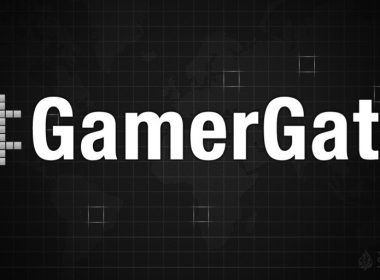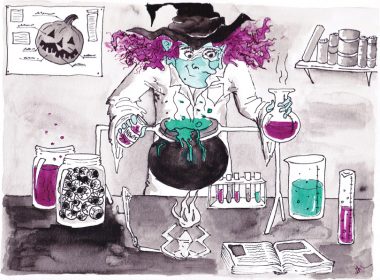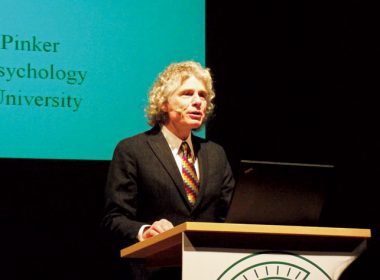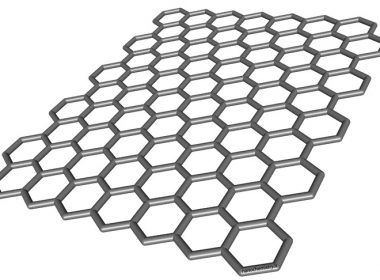A recent study conducted at Anglia Ruskin University in the U.K. has once again demonstrated the benefits of bilingualism. Bilingual children of various languages (Polish, Russian, French, and Italian) with English as their primary language, were able to maintain better focus on a task in a noisy environment. When the[Read More…]
Science & Technology
The latest in science and technology.
Research Briefs—Oct. 21, 2014
Breakthrough in nuclear fission Lockheed Martin Corporation (LMC), one of the world’s largest defence contractors—in 2009 it received 7.1 per cent of the Pentagon’s total funds—has had a major breakthrough in the study on the viability of shifting to nuclear energy. Led by Tom McGuire, the team demonstrated the feasibility of[Read More…]
From the BrainSTEM: Gaters, games, ‘n gals
From the lawless wilderness of 4chan boards and subreddits to the relatively tame comment sections of tech websites, a debate is raging about women in gaming: Are women being marginalized and abused, or are the alleged problems a media creation? Unfortunately, a series of recent events proves the former to[Read More…]
Demystifying vampires
When the word vampire is mentioned, it’s easy to imagine a musky room, candle light, and perhaps, romance. Dracula, a novel written by Bram Stoker, and its multiple contemporary renditions were, at least in Western literature, the first brazen attempt at coupling vampires and humans. Of course, the association of[Read More…]
The substance of style
Since the invention of the printing press, news media has endeavoured to employ capitation in the interest of magnetizing readers into ratifying their viewpoints and escalating their market share. The McGill Tribune is no exception, as the paper employs strategic readership engagement tactics in order to endue its student body[Read More…]
Experts discuss life in outer space
Spanning two days, the Annual Trottier Public Science Symposium “Are We Alone?” took the audience to the moon, Mars, and beyond. Focusing on the origin of life in our solar system, the series explored the where and how of alien life. Monday Monday’s first speaker, Planetary Society President Jim Bell,[Read More…]
Research Briefs—Oct. 15
Seeing is believing In a preliminary UCLA study led by eye specialist Steven Schwartz, 18 legally blind patients were given embryonic stem cells; 10 showed substantial improvements in their vision. Although the research is in its initial steps, Schwartz and other scientists believe that the embryonic stem cell treatment shows[Read More…]
This month in student research: Alex Coutin, U2 Pharmacology
Alex Coutin, who worked at UBC this summer, studied recombinant H3, a protein histone involved in maintaining the structure of DNA in a single haploid yeast cell. He looked at the diverse associations of the ASF1 histone chaperone, another protein responsible for the coiling and folding of these DNA strands[Read More…]
The changing face of space
On Oct. 1, space enthusiasts addressed the evolution of the Canadian space program as part of the International Astronautical Congress (IAC) 2014. The IAC theme this year, Our World Needs Space, hosted discussions that explored the way space inventions could be used on Earth. The panelists—some of the most respected[Read More…]
Research Briefs—Oct. 6, 2014
Graphene sensor tracks down cancer biomarkers Graphene, a six-ringed carbon, has become the centrepiece for new technologies.















